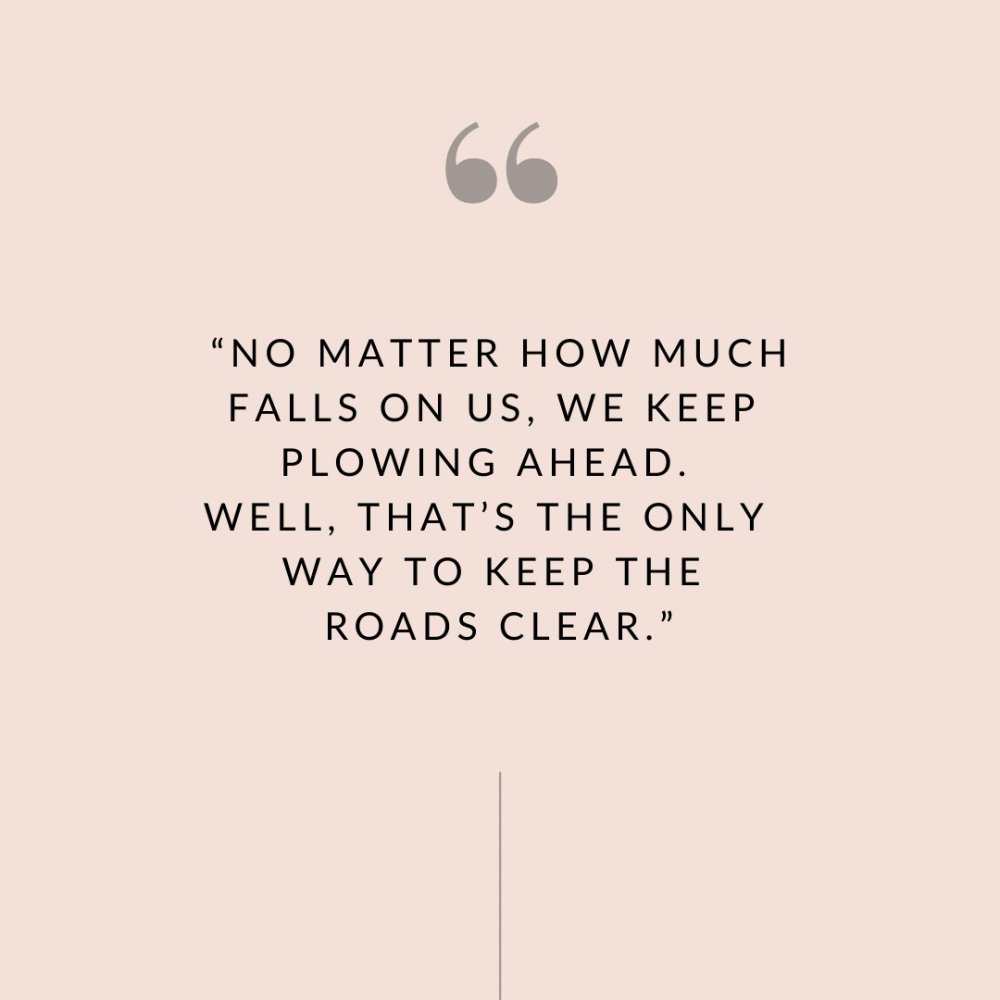Getting back to work after a Sabbatical

Here’s how your can bounce back like a #GirlBoss
Being a modern woman is no mean feat.
For one, expectations run high both at work and on the home front. And while, it’s all about balance, sometimes women have to let their professional life take a back seat to manage expectations at home.
Don’t worry though. It’s not all over if you took a break from work to look after your family or
to be a stellar mom to your new born. Nothing can stop you as long you’re not daunted by hard work or have hung up the hat on your dreams.
But I get it – this transition doesn’t happen in a day. So if you’re determined and raring to prove your mettle in the professional space again, keep reading!
Take stock of what it’s going to take:
Sure you’ve been away from the thick of things for a while, and that can feel intimidating. But it doesn’t have to be a massive change you can’t cope with if you do it right. So the first thing you need to wrap your head around is what exactly that will involve:
Getting your mindset right: Are you ready to take full onus of your professional responsibilities once you get back to the workforce?
Organisation: The key here is to enact a balance between your professional and personal life. This is where your stellar organizational skills come into the picture Being disciplined: If you’re going to do it, you must do it right and do it consistently. Get into the habit of being disciplined with small tasks right away.
Being professional: Sometimes, all you’ll want to do is bury your head in your pillows and forget your personal and professional obligations. But diving back into work means you need to get up and show up every day, no matter what.
Work ethic: Both the corporate world as well as the entrepreneurial space are super competitive. And you’ll need excellent work ethic to rise head and shoulders above others.
Chase away those doubts :
- Have I still got it?
- What if I don’t like what I used to do?
- What if I can’t fit in among the go-getters who never took a break?
First off all, stop overthinking. No really. If you keep looking inwards at your doubts, it’ll become a downward spiral you can’t control. Instead, whenever such thoughts up in your mind, try to find a plausible solution.
Still wondering whether you’ve got it? Enroll in a few courses to upgrade your skills.
Worried about fitting in? Remind yourself that you took responsibility when you had to and now you’re ready to dive back and give it your best shot. You owe it to yourself.
Start small:
Don’t let anyone tell you running a house and taking care of your family isn’t exhausting. And since you’re knee-deep in responsibilities, why not start small so that the hand off of responsibilities to your spouse or another family member is smoother?
My advice?
Instead of going full-steam at a 9-5 job, start working from home in your niche. Once you’re comfortable that things around the house will be fine without your intervention and you feel confident that you have your work mojo back, start preparing for interviews or laying the foundations of your brand new business.
Don’t give up on work life balance:
Lack of proper work life balance is why professionals burn out so fast. Don’t let that happen to yourself right after you ease into the professional space.
Here are some tips to keep your head above the water:
- Don’t carry work back home. Sure there may be some late nights, but don’t let that become a norm.
- Plan some one-on-one activities with your kids every day. Nothing’s more fulfilling than this (except perhaps some wine and Netflix…)
- Plan date nights often
- Practice a self-care routine
- Don’t give up on your hobbies
The Wrap
Getting back to work after a sizeable break may seem like a Herculean task.
But take a moment to reflect what it will do to your self-confidence (and your sanity, am I right?).
Apart from financial independence, you’ll be a mom who can give her kids the best of both worlds and be their role model.
Honestly, there’s no time like now. And there’s no room for self-doubt if you’re determined.













